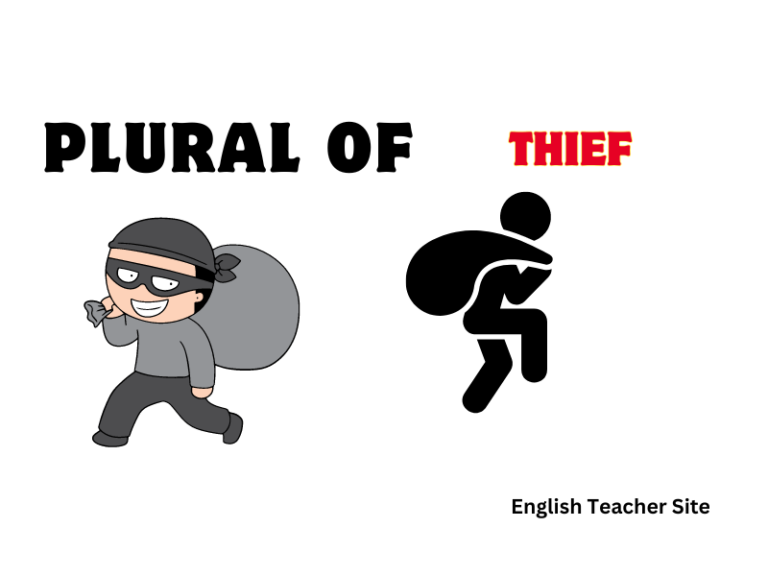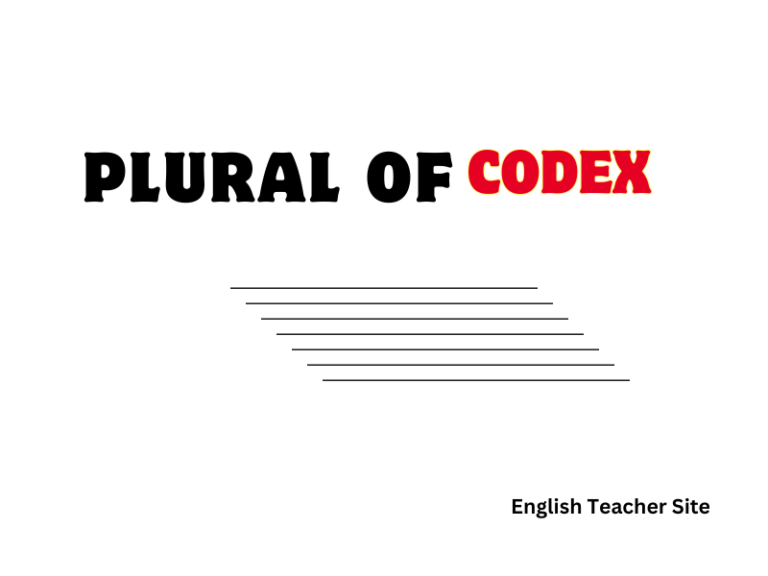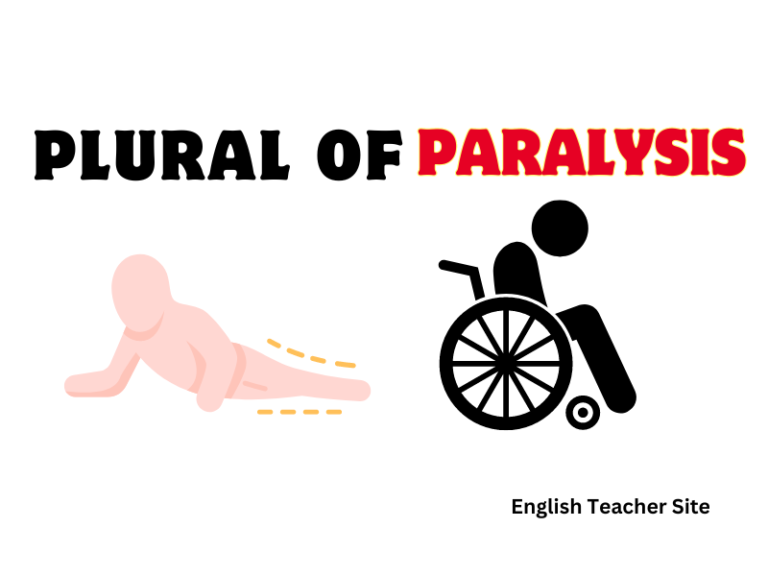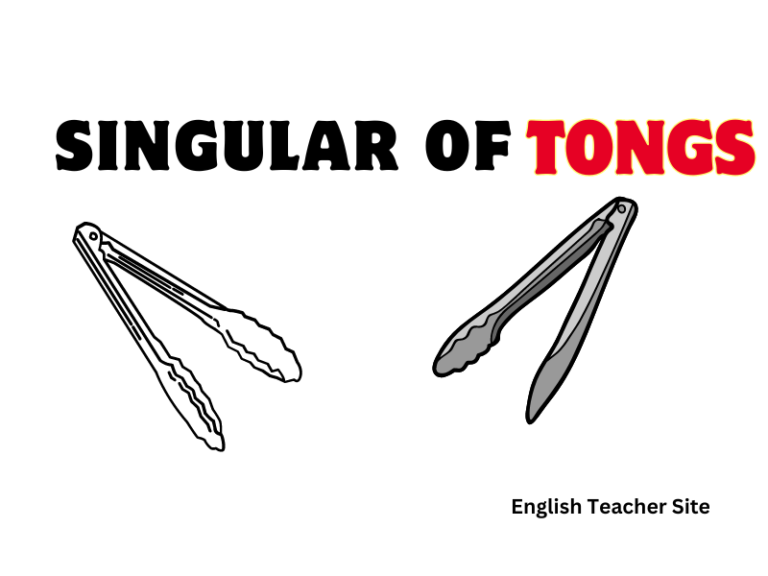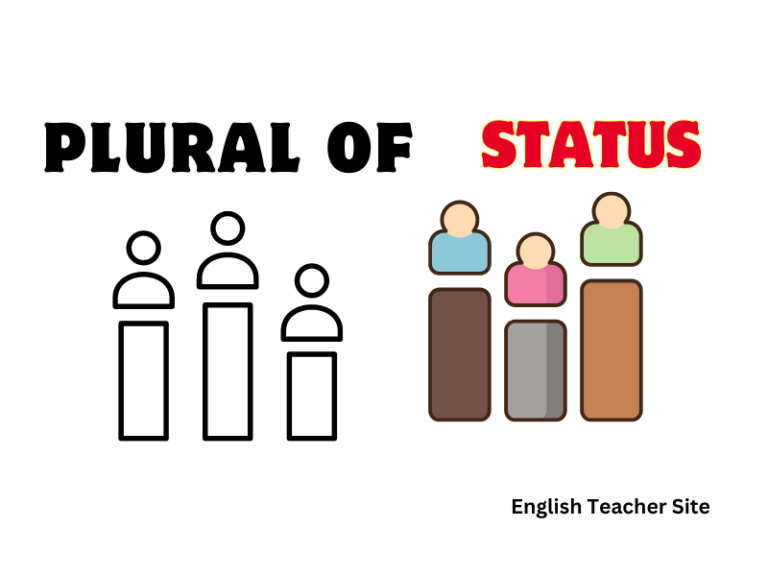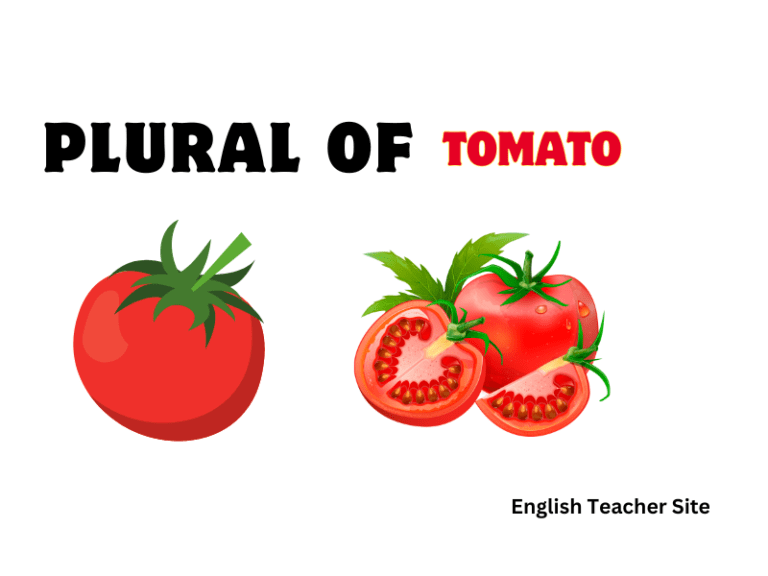Criteria Singular or Plural: Understanding Grammatical Number

- “Criterion” is singular, and “criteria” is plural; both relate to standards for evaluation.
- The use of “criteria” as both singular and plural reflects modern linguistic flexibility.
- Proper usage of these terms is essential for clear and accurate communication.
“Criterion” refers to a single standard by which something may be judged, whereas “criteria” are the multiple standards used in making a judgment or decision.
Understanding when to use “criteria” and “criterion” correctly is important for precise communication.
The Plurality of Criteria
In English grammar, the distinction between singular and plural forms is fundamental, and understanding the correct usage of the words criteria and criterion is essential. This section will provide clarity on these terms, explore their origins, and define their plural forms.
Defining Criteria and Criterion
Criteria are standards or principles by which something is judged or decided, usually employed in the plural form. In contrast, criterion is the singular form, referring to a single standard or principle. Here are the uses in simple terms:
- Singular: The main criterion for the selection is accuracy.
- Plural: The primary criteria for evaluation include accuracy, speed, and cost.
| Singular Form | Plural Form |
|---|---|
| Criterion | Criteria |
Origin of the word “criteria”
The term criteria has its roots in Greek, from which it passed into Latin and subsequently entered English. Criterion originates from the Greek “kritērion,” meaning a standard for judging. Over time, as with many borrowed terms, their usage evolved in the English language.
What is the Plural of Criteria
As per standard grammar rules, “criteria” is the plural noun and “criterion” is the singular form. However, in practice, some people mistakenly use “criteria” as a singular noun due to its widespread misuse:
- Correct Plural: The criteria are being reviewed.
- Incorrect Singular: The criteria is being reviewed.
| Correct Usage | Incorrect Usage (Common but Non-standard) |
|---|---|
| The criteria were clear. | The criteria was clear. |
| Each criterion was met. | Each criteria was met. |
In summary, “criteria” stands as the plural of “criterion,” reflecting their Latin and Greek etymologies. Proper English usage distinguishes between the singular and plural forms, despite a trend toward using “criteria” as both.
Contextual Application for Criteria
In various fields, the plural term ‘criteria’ refers to standards on which judgments or decisions are based. Whether applied to scientific research, industry benchmarks, or editorial processes, the appropriate use of criteria is vital to uphold quality and excellence.
Criteria in Judgment and Decision Making
- Judgment: Involves using a set of criteria as a touchstone to evaluate options or outcomes. For example, judges in a competition may use criteria to decide on the merit of each entry.
- Decision Making: Relies on criteria to guide choices and ensure they meet predetermined standards. These criteria act as a yardstick in both scientific and industry contexts, supporting value-driven decisions.
| Field | Criteria Example | Purpose of Criteria |
|---|---|---|
| Scientific | Validity, Reliability, Reproducibility | To judge research quality |
| Industry | Efficiency, Sustainability, Profitability | To make strategic decisions |
Criteria for Writing and Editing
- Writing: Editors assess the structure, clarity, and style of writing against a set of criteria to ensure consistency and coherence in the text.
- Editing: Criteria serve as benchmarks that help editors maintain a high standard of grammatical accuracy and readability.
| Aspect | Criteria Example | Role of Criteria |
|---|---|---|
| Structure | Logical Flow, Clarity, Coherence | To evaluate the composition |
| Style | Tone, Voice, Persuasiveness | To judge the artistic quality |
- Editors utilize these criteria as a fundamental part of the editing process, considering them a benchmark for excellence. These standards help editors to:
- Assess the art of writing.
- Ensure that the writing aligns with the intended message and audience.
Criterion Grammatical Rule
In English grammar, the distinction between singular and plural forms of nouns is fundamental. When discussing standards or benchmarks, two related terms often come into play: “criterion” and “criteria”. Understanding the correct usage of these nouns ensures precision and clarity in both writing and speech.
Singular vs. Plural Nouns
- Criterion (Singular): A singular noun that signifies a single standard or principle by which something can be judged or decided.
- Criteria (Plural): The plural form of criterion, referring to multiple standards or benchmarks.
Usage Examples:
- Singular: The main criterion for the competition is originality.
- Plural: The criteria include originality, feasibility, and impact.
Derived Forms:
- Latin and Greek roots influence the singular and plural forms of nouns in English. The suffix -on often indicates singular, while -a suggests plural.
Verb Agreement with Criteria
The distinction between singular and plural forms also influences verb agreement in sentences. When using “criteria” or “criterion,” verbs must mirror the appropriate number:
| Singular Example | Plural Example |
|---|---|
| The primary criterion is clearly defined. | The criteria for assessment are rigorous. |
Rules of Agreement:
- Singular noun pairs with a singular verb.
- Plural noun pairs with a plural verb.
Verb agreement is crucial to maintaining grammatical correctness and coherence in English language usage.
Evaluation and Use Cases
When assessing the appropriate use of “criteria” or “criterion,” it is essential to take note of traditional grammar rules and evolving language usage. In evaluation processes, whether they involve admission, selection criteria, or judgment of quality, it is imperative to apply these terms correctly.
Setting and Following Criteria
- Establishing Standards: When setting standards, one defines the criteria that an endeavor or candidate must meet. These benchmarks form the foundation of evaluation and are critical for maintaining consistency and fairness in decision-making processes.
Criterion (Singular) Criteria (Plural) A single requirement A set of requirements - Determining Excellence: In evaluating for excellence or quality, criteria act as quantifiable measures against which to test and compare outcomes or candidates.
Measuring Against Criteria
- Analysis of Compliance: Once criteria are established, individuals’ or projects’ adherence to these rules becomes the primary focus of analysis. For example, judging test scores against established criteria to make educational decisions.
Role Function Evaluator Uses criteria to assess quality. Quality Control Ensures criteria align with excellence. - Assessment and Agreement: The evaluation process typically concludes with an agreement or decision made by the judge or decision-making body based on how well the subjects meet the criteria.
Common Criteria Examples
In the realm of the English language and writing, the term “criteria” relates to the standards or rules employed to judge or decide something. Understanding its proper use is essential in both casual and formal communication, and especially in academic and scientific contexts.
English Language and Writing
In English language and writing, “criteria” are the benchmarks against which the quality or performance of something is judged. The singular form is “criterion.” Good writing adheres to clear criteria that encompass grammar, structure, and coherence. Below are tables that illustrate the common criteria used in evaluating writing and the comparison between the singular and plural use of “criteria.”
Table 1: Common Writing Evaluation Criteria
| Criterion | Description |
|---|---|
| Grammar and Punctuation | Correct use of language rules |
| Clarity | Writing is clear and easy to follow |
| Structure | Organized with a logical flow |
| Argument | Presents a well-reasoned case |
| Evidence | Uses facts and data appropriately |
Table 2: Singular vs. Plural
| Singular | Plural | Correct Usage |
|---|---|---|
| Criterion | Criteria | This criterion is crucial. |
| Datum | Data | These data support our thesis. |
Usage in Different Contexts:
- English Essays: Criteria are vital in grading, such as adherence to the thesis, evidence support, and the coherence of arguments.
- Scientific Writing: A single criterion or a set of criteria guide the validity of hypotheses and conclusions, often based on experimental data and peer-reviewed standards.
- Industry Standards: A product or service is evaluated against industry-specific criteria to ensure it meets established quality and safety benchmarks.
- Data Analysis: Criteria for data analysis might include the integrity and relevance of the datum or data set.
The word “criteria” has been incorrectly used as a singular form in informal English, despite “criterion” being the correct singular term. In writing and communication, the precise use of these terms denotes professionalism and a strong command of the English language.
Criteria vs. Criterion in Modern Usage
In the English language, criteria and criterion are often used interchangeably, but they actually have different meanings. Criteria is the plural form, referring to multiple standards or benchmarks. For example, a job might require several criteria to be met for qualification. On the other hand, criterion is singular, relating to a single standard.
Modern usage of these terms, however, shows some flexibility, with “criteria” sometimes being employed as both singular and plural. Though traditionalists may resist this change, language evolves with common usage.
Table 1: Usage Examples
| Singular | Plural |
|---|---|
| One criterion | Several criteria |
| A key criterion | A list of criteria |
Table 2: Grammar Rules
| Correct | Incorrect |
|---|---|
| The main criterion is… | The main criteria is… |
| These criteria are… | These criterion are… |
- Criteria are used to evaluate or judge something.
- For instance, scholarship criteria may include academic performance, community service, and financial need.
- A single criterion reflects one aspect of evaluation.
- Such as, a passing criterion for a test may be scoring above 70%.
Despite trends, many edited texts still maintain traditional grammar rules. Writers should be mindful of their audience and the context in which they are writing to decide on the usage that best conveys clarity and precision.
Conclusion
As an educator, understanding the correct forms of words is vital in teaching the nuances of the English language. In the case of ‘criteria’ and ‘criterion,’ clarity is essential. Criteria are the standards or principles by which something is judged or decided. They are the plural form, representing multiple points of assessment. On the other hand, criterion refers to a singular standard or principle used in making a judgment or decision.
Sources
My name is Khamis Maiouf. I am the creator of the English Teacher Site, dedicated to providing valuable resources and insights for students around the world. With a passion for education and a commitment to helping students enhance their skills, I aim to make English teaching more effective and enjoyable for both educators and students.

